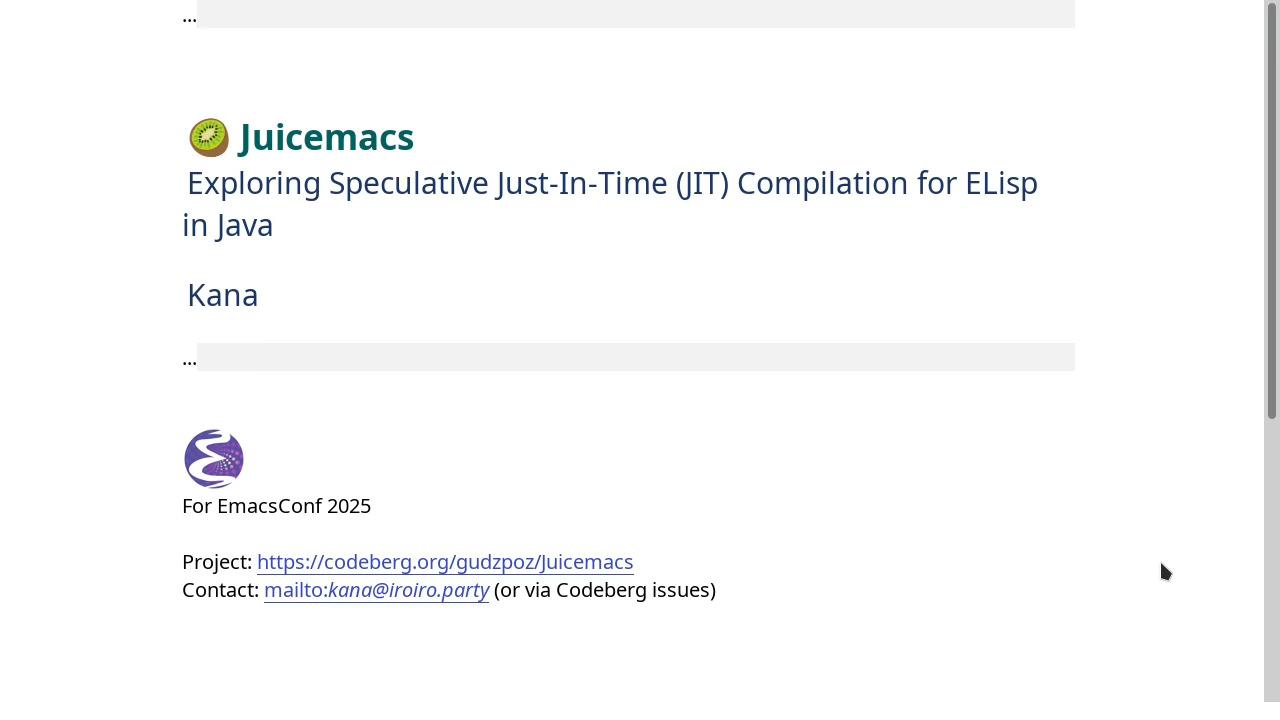This year, I will write a shitty GUI for my Emacs clone
I’ve been hoping to write a GUI for my Emacs clone for a while now. And I’m putting together a list of Emacs’ display features to keep compatible with when designing the GUI. Unsurprisingly, this list just keeps growing, and, nah,
Waiting to feel ready to do the thing is not doing the thing. 1
So, I really need to start writing the shittiest Emacs GUI ever.

 For
For 